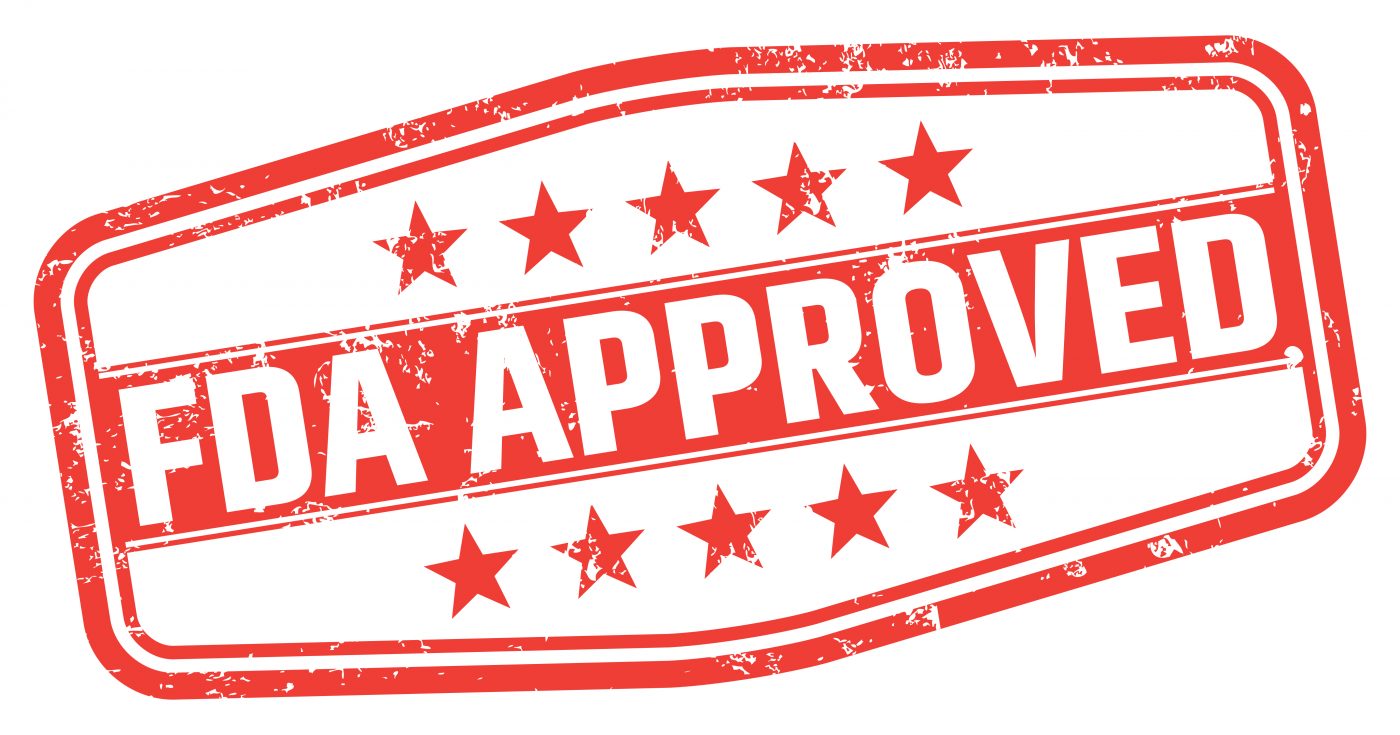FDA Approves Tyvaso, 1st Treatment Aiding Exercise With PH-ILD
Written by |

Tyvaso (inhaled treprostinil) has been approved as the first treatment to improve exercise ability in people with pulmonary hypertension associated with interstitial lung disease (PH-ILD) in the U.S.
PH-ILD is an umbrella term that encompasses idiopathic pulmonary fibrosis (IPF) and other lung fibrotic-related conditions.
“The regulatory approval of Tyvaso, an inhaled treatment, is exciting news both for patients with PH-ILD and the physicians who treat adults living with this serious, life-threatening disease. This will change the way we manage these patients,” Aaron Waxman, MD, PhD, director of the pulmonary vascular disease program at Brigham and Women’s Hospital, said in a press release.
“Adults living with both interstitial lung disease and pulmonary hypertension typically have a poor quality of life because of increased shortness of breath, poor exercise tolerance, and increased mortality. Until now, clinicians treating these patients did not have any approved treatment options,” said Waxman, who is also chair of the steering committee of the Phase 2/3 INCREASE trial (NCT02630316) that supported Tyvaso’s approval for this indication.
Tyvaso, developed by United Therapeutics, lowers blood pressure by widening blood vessels in the lungs. Patients inhale the medicine through a portable hand-held device that delivers it directly to the lungs.
INCREASE was designed to assess and compare Tyvaso’s safety and efficacy to that of a placebo in 326 adults with PH-ILD over the course of 16 weeks, or approximately four months. Participants inhaled up to 12 breaths of the medication per session, four times daily.
The study’s main goal was to assess whether Tyvaso would be superior to the placebo at improving participants’ exercise capacity. This was evaluated by the six-minute walking distance (6MWD) test, which measures how far a person can walk in six minutes.
Data from INCREASE showed that, compared with those on a placebo, Tyvaso-treated patients had a mean significant increase of 21 meters (about 96 feet) in the 6MWD test by the end of the treatment period.
The trial also met its secondary goals, with significant reductions in NT-proBNP — a marker of heart strain — and delays in the time to patients’ first clinical worsening event.
These benefits, along with improved lung function and significantly fewer disease flares, were observed across key patient subgroups, such as those based on the cause of an individual’s PH-ILD, their disease severity, age, sex, dose, and pre-trial blood flow measurements.
Tyvaso was generally well tolerated ,and its safety profile remained consistent with past findings. The most frequent adverse side effects reported included cough, headache, shortness of breath, dizziness, nausea, fatigue, and diarrhea.
“The FDA approval of Tyvaso for patients with PH-ILD is a landmark treatment advancement for this vulnerable patient population,” said Martine Rothblatt, PhD, chairperson and CEO of United Therapeutics.
Tyvaso received orphan drug designation for the treatment of IPF from the FDA late last year, and United plans to launch a Phase 3 trial to evaluate Tyvaso for this disease. This trial, called TETON, is expected to start enrolling participants this year.
The FDA approved Tyvaso as an inhalation treatment to improve exercise ability in people with pulmonary arterial hypertension in 2009; injectable and oral forms of this treatment are also available for PAH patients.





